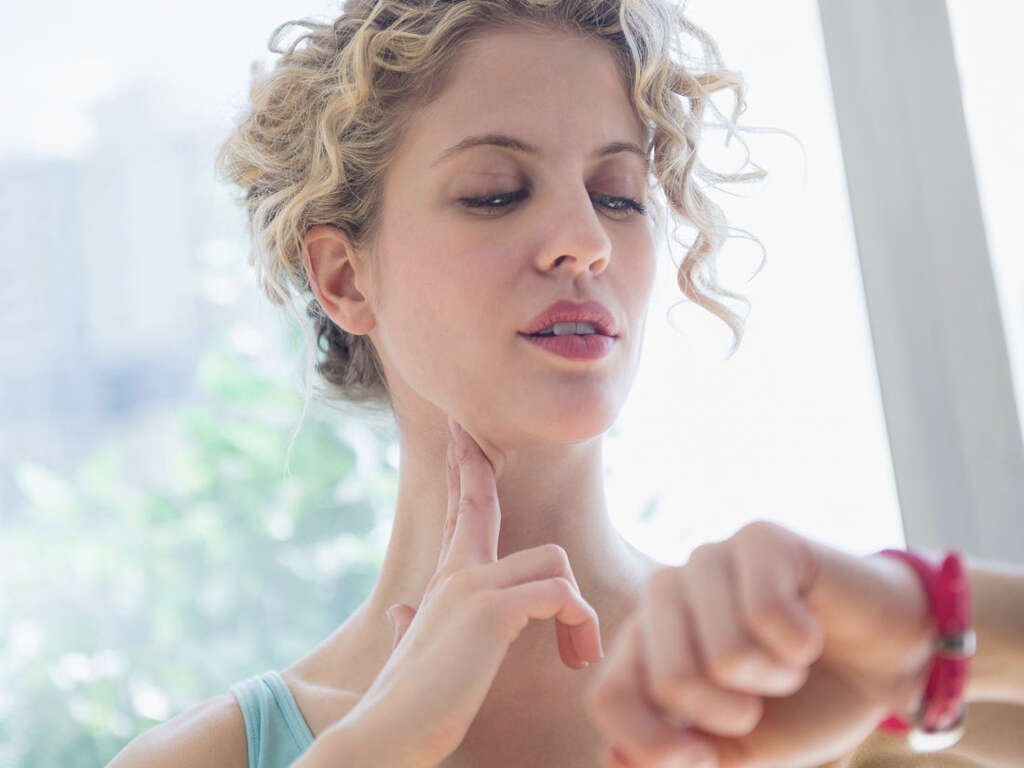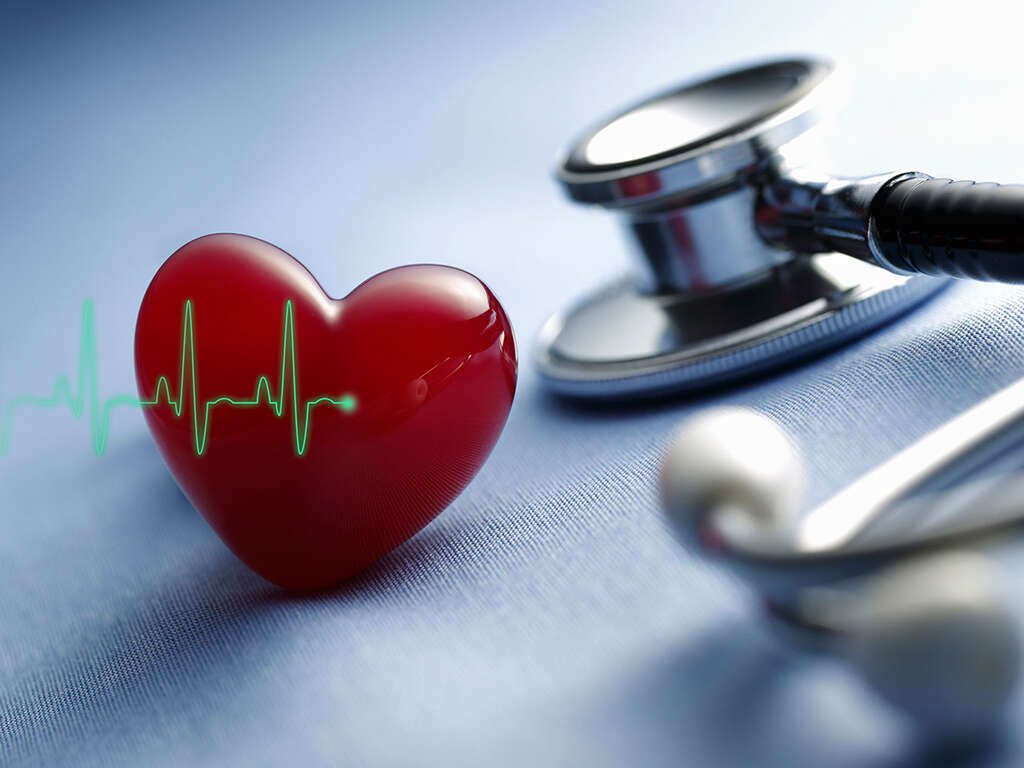10 Heart Palpitations Symptoms
 Article Sources
Article Sources
- 1. Staff, Mayo Clinic. 'Heart Palpitations.' _Mayo Clinic_, Mayo Foundation for Medical Education and Research, 16 Apr. 2020, www.mayoclinic.org/diseases-conditions/heart-palpitations/symptoms-causes/syc-20373196.
- 2. Staff, Mayo Clinic. 'Bradycardia.' _Mayo Clinic_, Mayo Foundation for Medical Education and Research, 13 Nov. 2019, www.mayoclinic.org/diseases-conditions/bradycardia/symptoms-causes/syc-20355474.
- 3. Editorial Staff, American Heart Association. 'Syncope (Fainting).' _Www.heart.org_, www.heart.org/en/health-topics/arrhythmia/symptoms-diagnosis--monitoring-of-arrhythmia/syncope-fainting.
- 4. Heyden, Steven J. 'Why Do People Sweat When Nervous? 6 Ways to Stop It.' _Aurora Health Care_, 30 Jan. 2018, www.aurorahealthcare.org/patients-visitors/blog/why-do-people-sweat-when-nervous-6-ways-to-stop-it.
3. Fatigue, Confusion and Memory Problems
Bradycardia is a heart rhythm problem causing a slow heartbeat, and tachycardia causes a rapid heartbeat. The normal heartbeat for an adult is 60 to 100 beats per minute (bpm). A slow or fast bpm reduces the amount of oxygen-rich blood circulating through your body, affecting the brain and organs.2Staff, Mayo Clinic. ‘Bradycardia.’ Mayo Clinic, Mayo Foundation for Medical Education and Research, 13 Nov. 2019, www.mayoclinic.org/diseases-conditions/bradycardia/symptoms-causes/syc-20355474.
Palpitations are similar to arrhythmias, but not as dangerous. Bradycardia and tachycardia are arrhythmias that may cause symptoms such as dizziness, confusion, memory problems and fatigue. Unresolved arrhythmias warrant a visit to your doctor.
Advertisement









